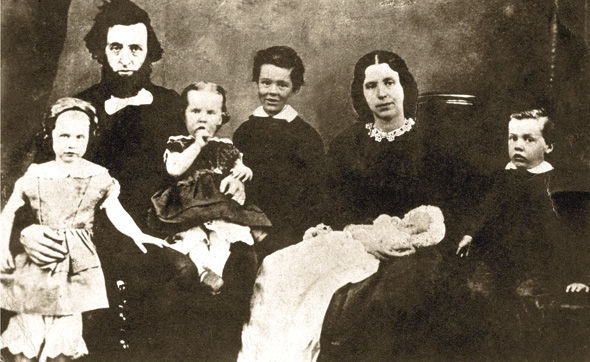
William and Catherine Booth, the Founders of The Salvation Army, had eight children, all of whom but one made significant contributions to the early days of the Movement. One of the younger children, Marion, was severely disabled, and though she held the honorary rank of staff-captain, was never able to participate in Army activities.
A peek into the domestic life of the busy and energetic Booth family reveals a strict but happy family life. Also evident are childhood authority structures that carried over from childhood to young adulthood when each child took their expected place in Salvation Army life.
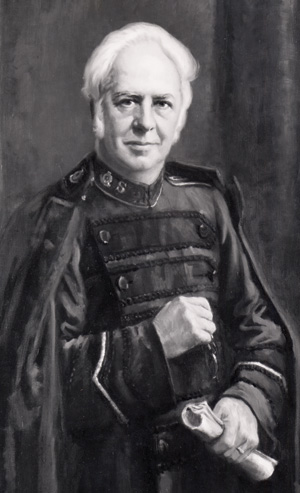
The Chief Brother
As a precocious and highly intelligent child, Bramwell was used to organizing his brothers and sisters. Wrote his daughter Catherine in the 1933 biography Bramwell Booth, “As a general manager in the nursery, he has no rival. He organizes the games, rules with a generous unselfishness, fully realizing that as eldest and being biggest and strongest he must look after the others.” Bramwell's life was dedicated to “looking after the others,” even when as adults his energetic and forceful siblings did not appreciate such close oversight.
It is generally acknowledged that without Bramwell, The Salvation Army might not have survived the death of William and Catherine. As a young teenager Bramwell was responsible for organizing and giving oversight to a number of Christian Mission (the precursor of the Army) initiatives. Increasingly, his evangelist father would say when problems arose, “Leave it to Bramwell.” And the eldest son, as chief of the staff, continued in his caring nursery role.
William expected his children to play an active role in the burgeoning Salvation Army and the children in turn were willing to accept direction from their father, though not always from their elder brother who was in the unenviable position of having to issue orders and see they were carried out. His siblings could be no exception to the rules and regulations to which all officers had given signed assent. As William said to his, at times, recalcitrant children, “I am your General first and then your father.” Bramwell had no recourse but to give the same line, “I am your Chief of the Staff first and then your brother.”
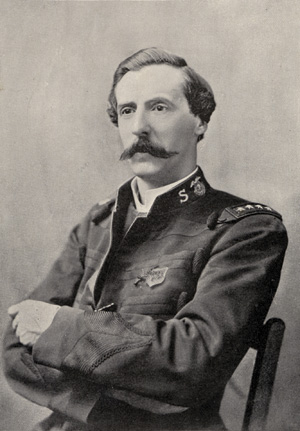
Resignations and Loss
The first break in family unity came in 1896 when the second eldest son, Ballington—then in charge of the Army in the United States—refused to accept orders from International Headquarters (IHQ) to farewell. This dashing and commanding leader resigned and, with his wife, Maud, formed Volunteers of America, a social services agency that reflected Salvation Army ministry, and still exists today.
Ballington and Maud were replaced by Frederick Booth-Tucker (in 1882 he started the Army's work in India) and his wife, Emma, daughter of William and Catherine. Emma's life came to a sudden and tragic end when she was killed in a railway accident in 1903.
Catherine (known as Katie), the eldest Booth daughter, started the Army in France and Switzerland. In 1887, she married Colonel Arthur Clibborn, who became enamoured with the teachings of Alexander Dowie, an obscure faith healer. Disagreement with IHQ about the place of faith healing in their ministry led Katie and Arthur to resign in 1902. They spent their years evangelizing, mainly in Pentecostal circles. Arthur died in 1939 and Katie, known as “la Maréchale” and who had a worldwide ministry, died in 1955.
Also in 1902, the youngest Booth son, Herbert, whose songs caught the heartbeat of the Army and are still sung today, joined his sister and brother-in-law and resigned. He and his wife had been transferred from the leadership of the Army in Canada to Australia and Herbert became increasingly dissatisfied with the highly centralized control by William and Bramwell. He, too, became a successful travelling evangelist and died in 1926.
The youngest Booth child, Lucy, held several senior positions, giving leadership to the Army in India, France, Denmark, Norway and South America. Married in 1894 to Emanuel Hellberg, she was widowed in 1909. Lucy died in 1953.
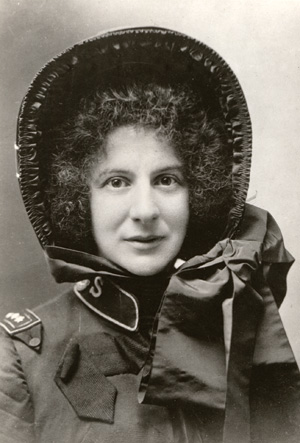
The Third General Booth
The most strident and determined of Bramwell's opponents was his sister Evangeline, who disagreed with the method her father had written into the Army's constitution, that the General would choose his or her successor. Eva was concerned that Bramwell would choose his daughter, Commissioner Catherine, to replace him. Out of Eva's concern, and that of many of the Army's leaders worldwide, came the first High Council in 1929 to elect a new General.
Although not elected General by the first High Council, Eva served as General from 1934 to 1939. She died in 1950.
And what of Bramwell? He laid such a solid foundation that the Movement survived the passing of the Booth family. Bramwell was promoted to Glory in 1929, six months after the High Council's decision to remove him from the office of General. Many said he died of a broken heart.
 Lt-Colonel Maxwell Ryan is retired in Burlington, Ont., where he serves as a part-time hospital chaplain and amateur Army historian.
Lt-Colonel Maxwell Ryan is retired in Burlington, Ont., where he serves as a part-time hospital chaplain and amateur Army historian.





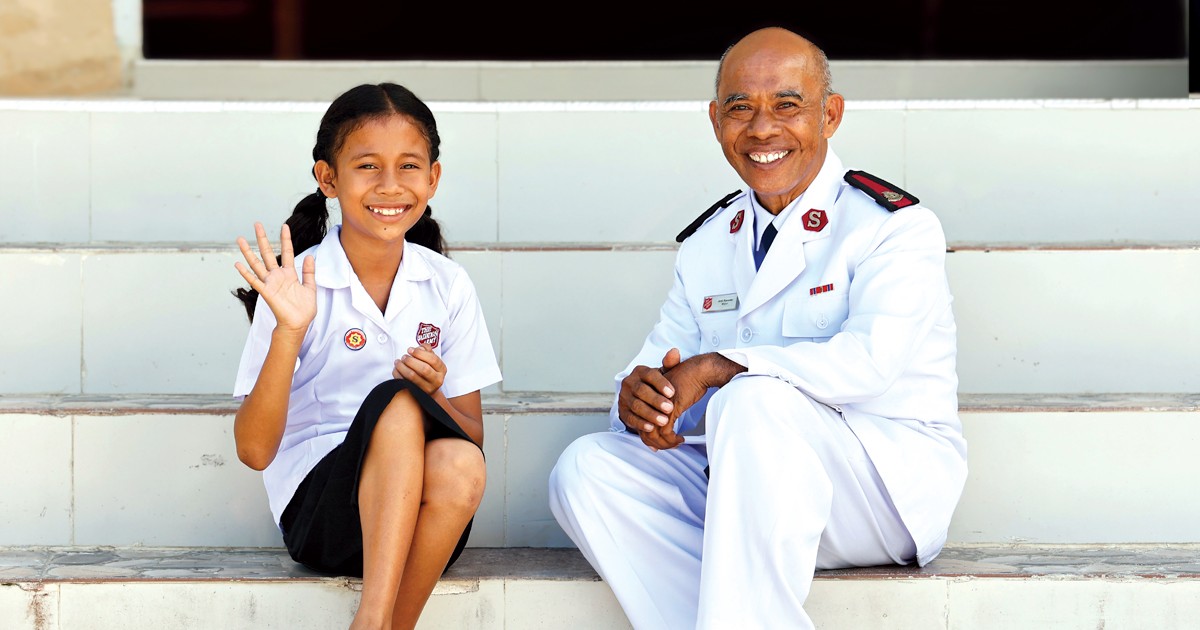



Comment
On Friday, May 28, 2021, Col. david martin said:
Leave a Comment